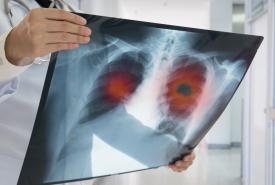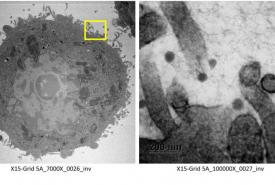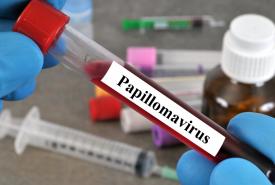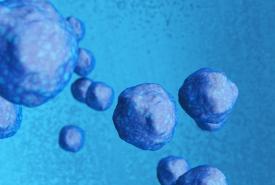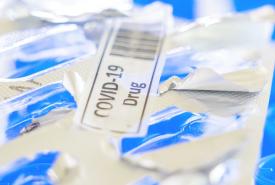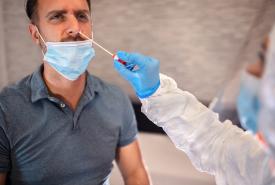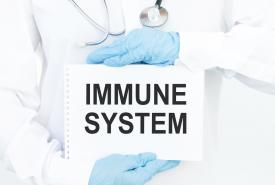NTHU Researchers Take Robotics to the Next Level
Although widely used in manufacturing, robots require much more agility for use in nursing and rehabilitation. With this in mind, an interdisciplinary research team led by Professor James Chang of the Department of Power Mechanical Engineering has recently applied the latest advances in AI, biomechanics, and human-factor engineering to develop a robot that can imitate the meticulous movements of a human hand. Endowed with sharp senses of vision and touch, the robot’s hands are nimble enough to catch a ball and pull out a tissue.



